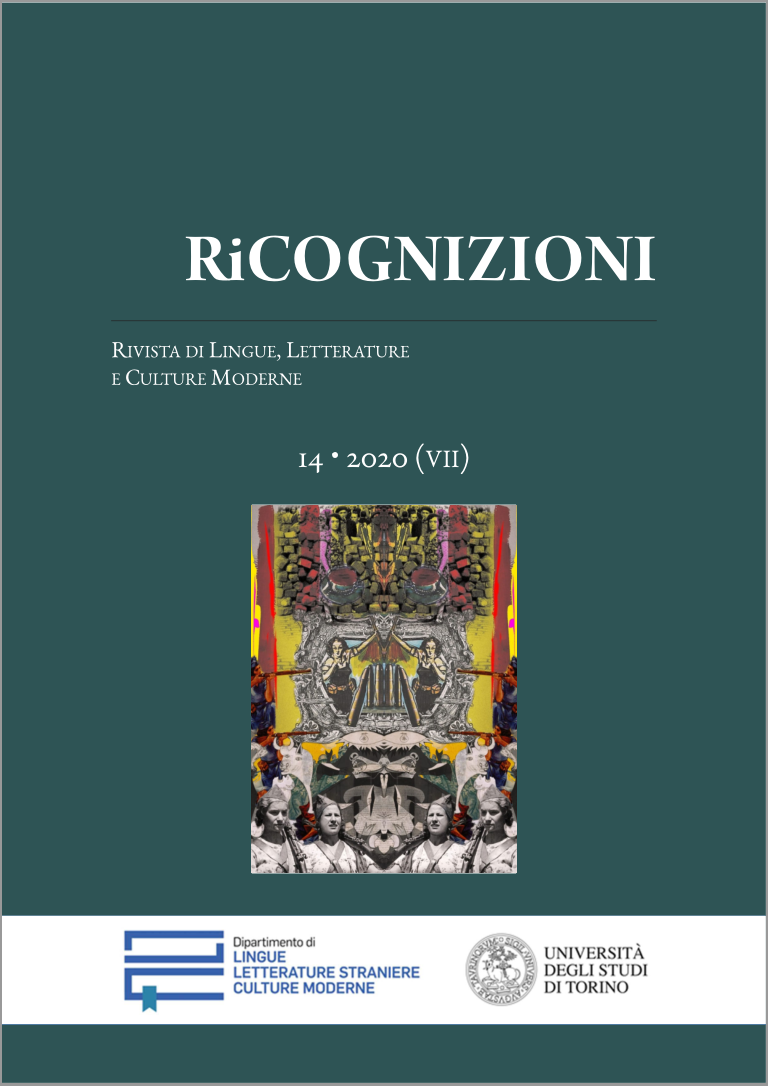The The Judgement of Trees
Shakespeare's Forest and the Theatre of the Green World
Abstract
Etymologically and historically, a forest is a quintessential Elsewhere, a space located “outside” the bounds of the human community and its rules and conventions, whether officially by a decree or psychologically by its essential unknowability and the potential threats it conceals. Hostile or dangerous beings – fierce beasts, wild men, outlaws, bandits, witches assisted by evil spirits, elves and fairies – roam its shadows. The literary forest, from the middle ages onwards, has the same features. In a number of plays Shakespeare rewrites this tradition, turning the forest into a variant of the “second world” or “green world” — a temporary setting that makes it possible for humans to imagine a society better than their own and to correct the iniquities and corruptions which afflict them in their normal existential contexts. In association with the frequent representation of the natural environment as a theatre, this has the effect of ideally including the audience in the action and of prompting its components to experience, no matter how vicariously, an analogous process of regeneration. As You Like It is particularly significant in this regard; moreover, the presence and function of trees in this comedy is so central as to invest vegetal life with the role of a protagonist.
RiCognizioni is published under a Creative Commons Attribution 4.0 International License.
With the licence CC-BY, authors retain the copyright, allowing anyone to download, reuse, re-print, modify, distribute and/or copy their contribution. The work must be properly attributed to its author.
It is not necessary to ask further permissions both to author or journal board.











